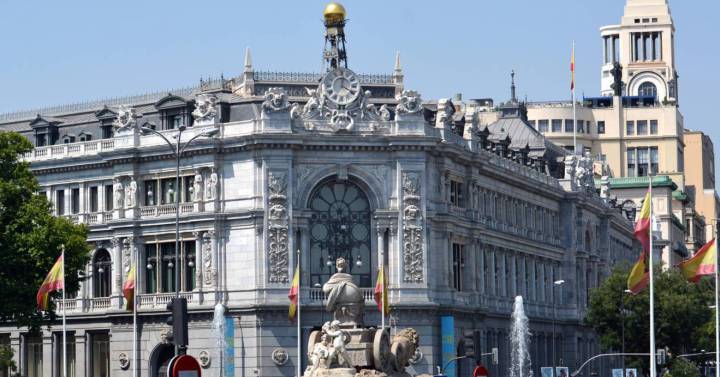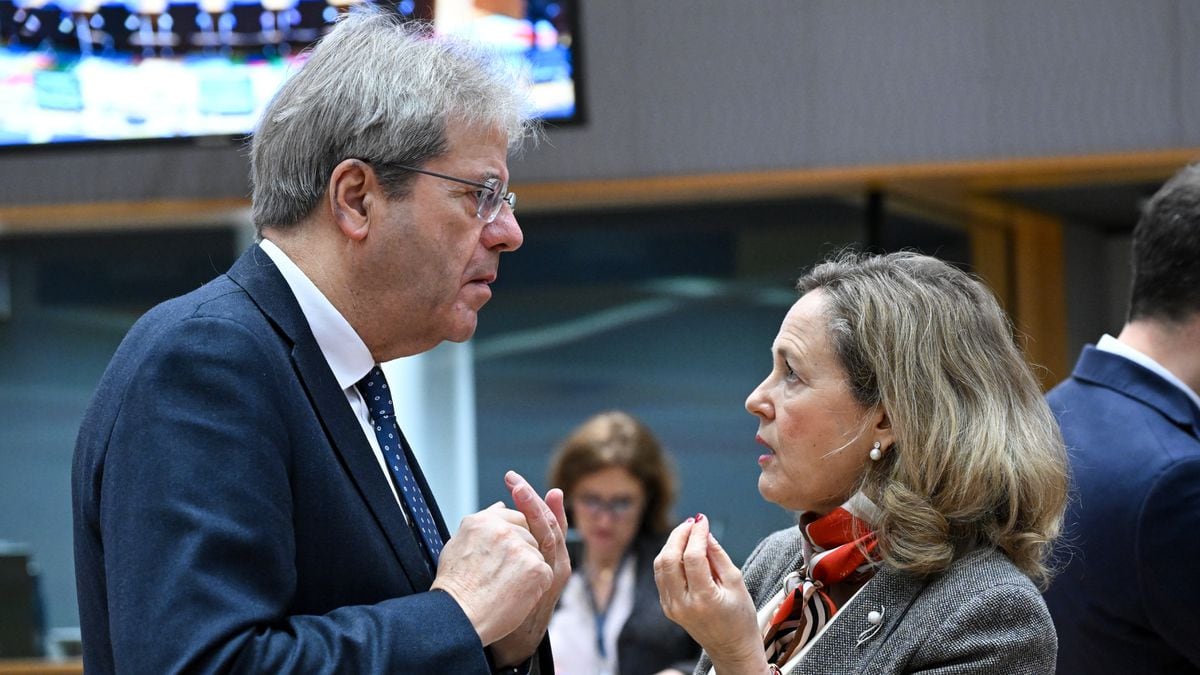Government, businessmen and banks begin to approach positions for an agreement on the final text of the royal decree that will articulate the implementation of a free adhesion code to help SMEs and the self-employed to solve their liquidity and solvency problems derived from the pandemic .
The warnings of the Bank of Spain are being key in this process.
The deputy governor, Margarita Delgado, met this Tuesday with the CECA and its associates, and on Thursday she did the same with the AEB and the banks.
In both acts, Delgado assured that the Bank of Spain is working so that the removals are not mandatory and that they are included in the new code of good practices.
The same thing that adhesion to the code is voluntary, and that the deductions do not apply only to credits with ICO endorsement, as the Government claims, something that the supervisor considers very worrying.
The positions have not yet found a point of agreement, but the truth is that, according to several sources consulted, the initial idea of the Executive to impose to the banks cuts to the credits guaranteed by the ICO to alleviate the debt of the companies has relaxed .
Although not enough to reach a consensus on a solution, which also involves enabling the ICO to restructure debt, otherwise everything would fall to the banks.
At the beginning of the week the positions of the Economy and the banking system were totally opposed.
Some sources assured then that “we had rarely experienced a confrontational situation like the current one with the Executive”, but now the same sources assure that “the situation is being redirected, something logical because we all want the same thing, to avoid the bankruptcy of SMEs and the self-employed.
We all want to help ”.
The stumbling block is how to help.
While the Government is going to modify the legal framework to support the industrial fabric with direct aid, the truth is that one of its main measures to carry out this plan was the obligation to impose on the banks takedowns from ICOs.
This project has been rejected from the outset by the financial sector and by companies due to the dragging effect of bad debts and the closure of the credit tap that it entails.
MORE INFORMATION
Government and banks draw up a code of good practices to give 12,000 million in aid to SMEs
The bank demands collection guarantees for the reductions in ICO credits
The Government seeks ways for the ICO to restructure loans
The Executive and the bank seek formulas to capitalize viable SMEs
The problem is that applying a deduction on a loan means not only leading to losses that forgiveness of the loan, but also that by regulation the entity must provision the total debt that the client has contracted with that bank, both current and future .
This even means multiplying by five the delinquency of the sector, carrying out multimillion-dollar provisions in some cases, or consuming the extra provisions for the Covid made last year, which amounted to about 40,000 million for the sector as a whole.
"This would cause a crisis situation for some entities that could not resist making high provisions again for this cause," explain several banks, who recall that before making a reduction there are other measures such as deficiencies or amortizations, and that SMEs what they need they are direct aid now, not forgiveness of part of your debt.
But the problem would also be transferred to the company, which prefers other measures before a withdrawal, since this measure is the last one that is negotiated in a refinancing, since it would mean the closing of the tap to subsequent financing needs, since it would be classified as a delinquent company.
Hence, the objective now is that the State does not include the discounts as compulsory aid for banks.
Added to all this is the fact that the Government's claim was or still is that the code only articulates withdrawals with ICO credits, a discriminatory measure against other companies “that have chosen to tighten their belts and not request financing, or request other credits ”, Emphasize financial sources.
The President of the Government, Pedro Sánchez, announced on Wednesday the launch of a new direct aid plan for 11,000 million euros for hotels, tourism, SMEs and the self-employed, but did not specify how these aid would be articulated.









